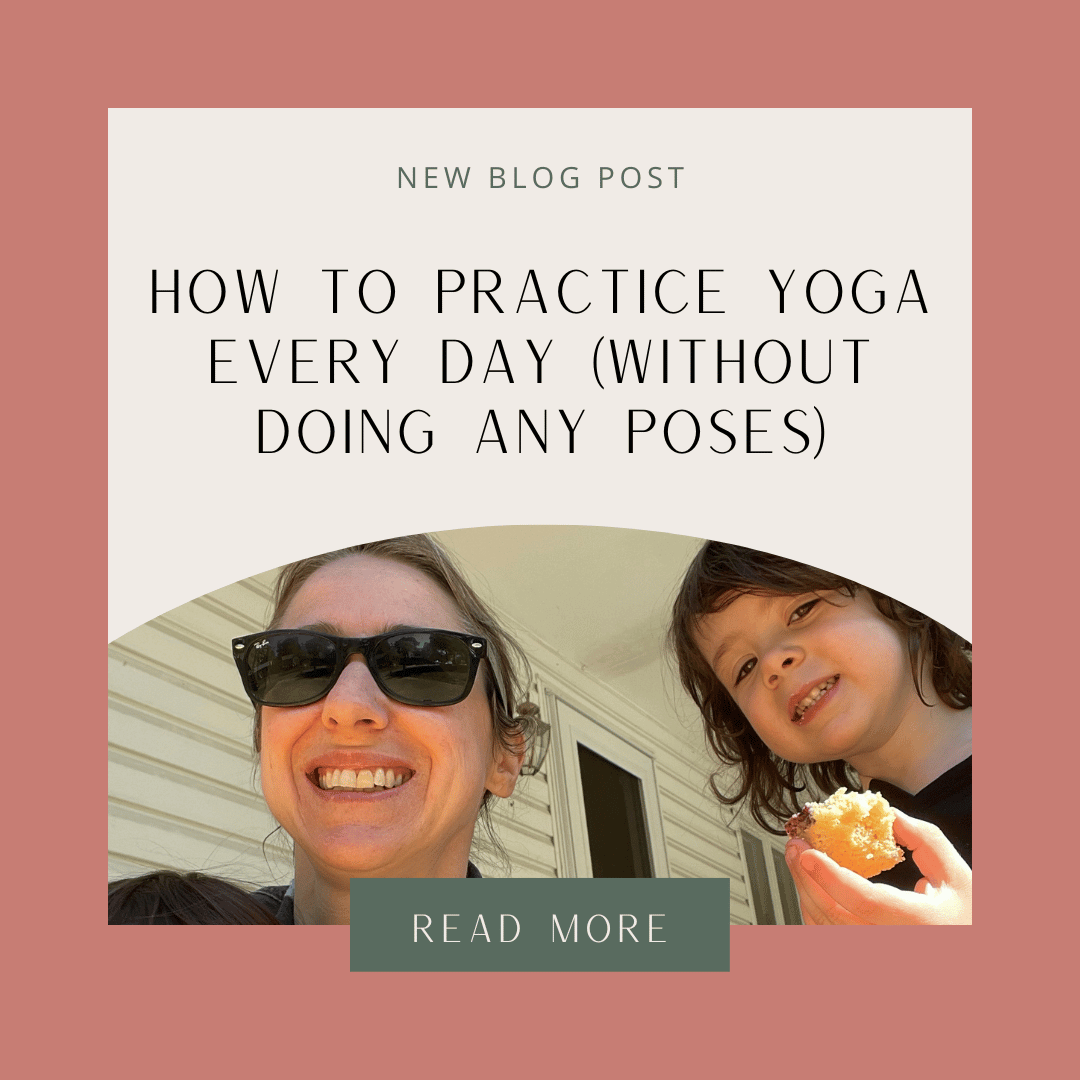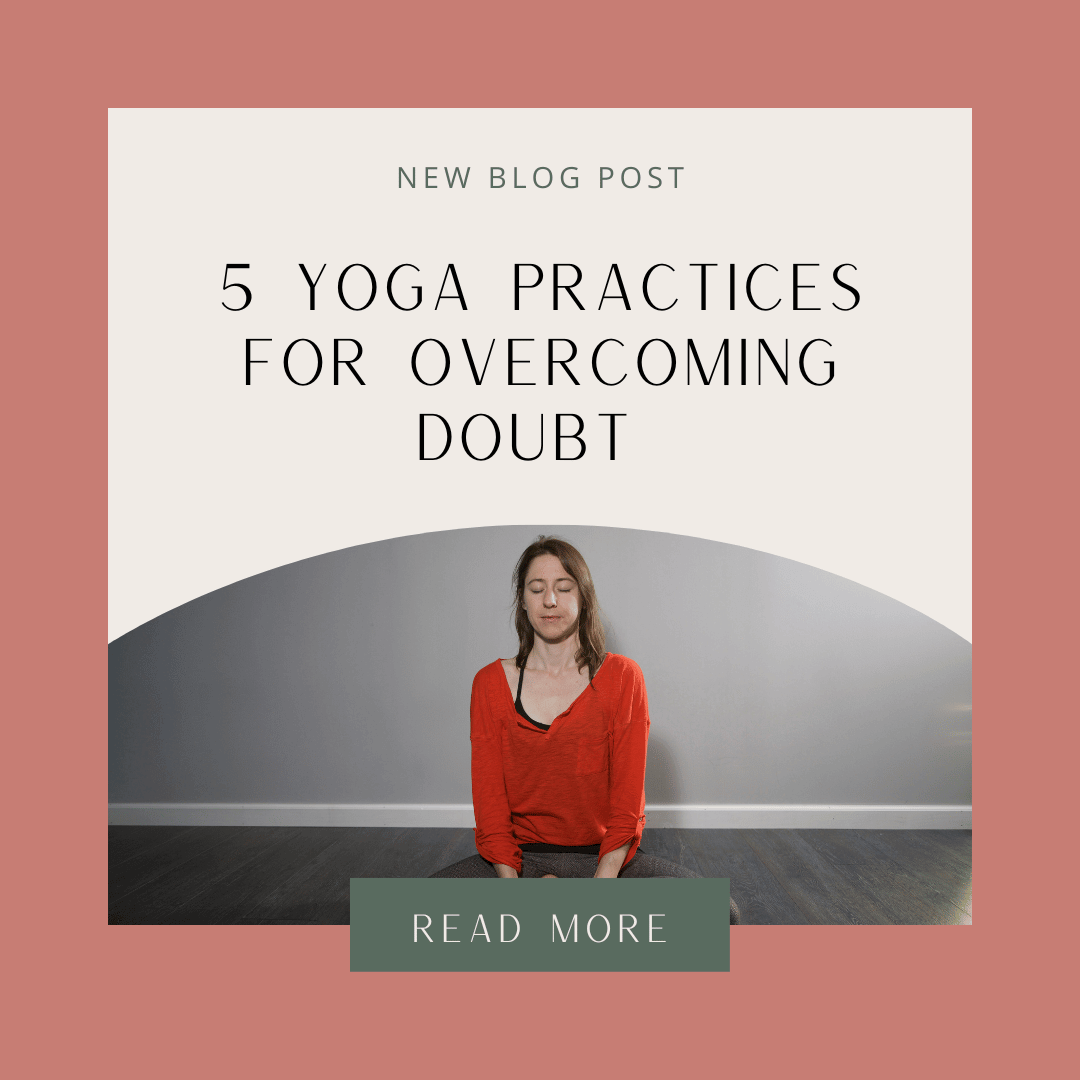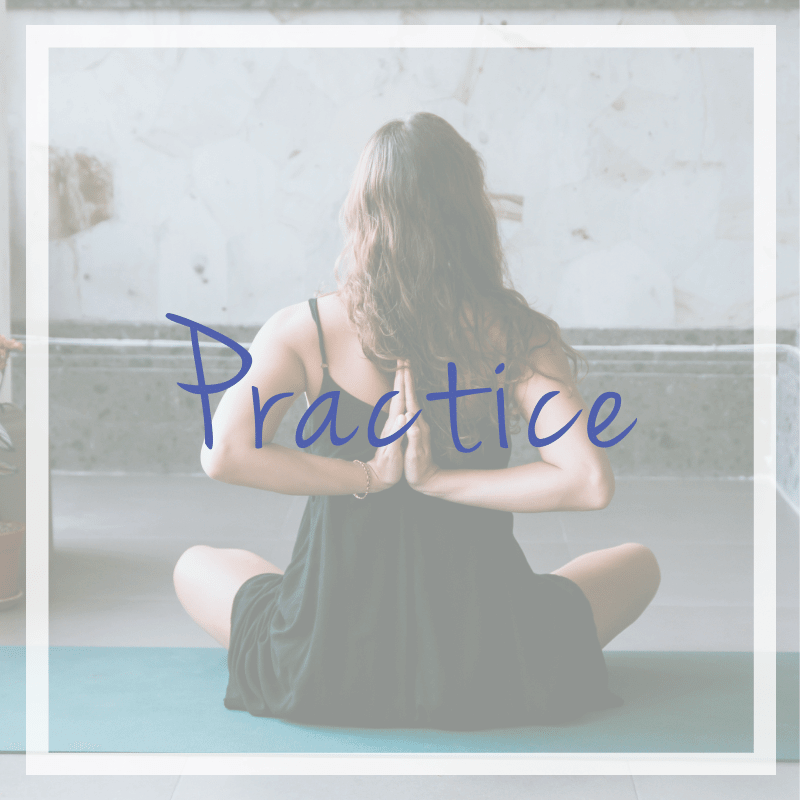The principle of moderation is all about learning how to live in the middle. It is in the middle where two sides unite to become one. In the middle, you can clearly see possibility on either side of you and still have the energy, resources, and resolve to take the actions that will help you move forward in challenging situations. The opposite of moderation is extremism. If you exist on the extreme end of any spectrum, you risk losing sight of the bigger picture, losing access to resources, and alienating those who disagree with you. In the middle, there’s room for compromise. When you go to extremes you either burn-out or hold yourself back because of a fear of failure. There’s ALWAYS another way and it’s somewhere in the middle.
Moderation applied to daily lifestyle choices means managing your energy. There are many ways to manage your energy, including getting enough sleep, making healthy food choices most of the time, nurturing positive relationships in your life, and exercising regularly. The goal for managing your energy is to ensure your energy flows effortlessly throughout the day. If you’re starting to feel sluggish, irritable, or anxious, this could be a sign that your personal energy needs attention.
Moderation in my own life
In my own life, I use boundaries and routines to help me get the sleep I know I need to function optimally, the fuel I need from food to keep my body and mind running smoothly, and the social interaction I need to feel inspired and motivated rather than depleted. By prioritizing healthy habits that I know will keep my daily energy levels balanced, I commit to living a life of moderation. Of course, it took a long time and a lot of experimentation to get here.
Part of living a life of moderation requires awareness. You have to recognize when you are starting to feel off-balance. Once you’ve developed the awareness that something needs to change, you need the tools, which yoga offers, to help you get back on track. And then of course, you need to create a plan and stick to it! For example, I built meditation into my daily routine by making it the first thing I do before I sit down to work. I know I’m going to work every day (Monday-Friday at least), and so rather than trying to get up early or fit it in somewhere else, I just make it part of something I know I’m already going to be doing. Plus, I’m able to start work each day feeling refreshed, centered, and balanced.
Another key to managing your energy and living a life of moderation involves maximizing energy-giving activities and minimizing energy-draining ones. Sometimes that means making hard decisions. And yes, that means learning how to say no. Just the other day I had a great idea for my business. I started outlining how I would get it all done and then I had to pause. I could feel the faintest objection deep inside my head–this voice was me telling me that I already had too much on my plate and even though this idea sounded great and fun, I needed to put it in the “Idea Garden” and come back to it some other time. The fact was, putting energy into this particular endeavor was going to drain my energy and I’m already using all the energy I have on the current projects I’m working on.
Some people may argue that living a moderate life is boring. Where’s the spontaneity, creativity, and adventure? Planning and routines aren’t meant to limit you or take away fun in life. They’re meant to keep you consistent so that you can keep having more fun and spend less time in the low valleys that sandwich the highlights. Moderation is about sustainability. In my life, when I’ve taken on too much, I end up never completing all my projects. When I manage my energy and pare down my to-do list to the essentials, I get to keep building rather than keep starting over again.
The Sutra
In Patanjali’s Yoga Sutra, moderation is the fourth Yama. The Sanskrit is brahmacharya, traditionally translated as celibacy. Celibacy was a tool used in ancient times to help yogis redirect their sexual energy toward meditation and spiritual attainment. In our modern world, we can still use the foundation of this principle–energy management or moderation–to help us work toward that same spiritual attainment while we go about our daily lives folding laundry, raising kids, going to work, trying to have fun, maintaining relationships, and maybe doing something to make the world a better place every once in a while.
Sutra 2.38: When you live with a commitment to moderating your personal energy, you gain incredible strength, energy, and vitality.
In other words, the secret to gaining more energy is to figure out how to appropriately manage it! Those sneaky yogis. So simple, yet terribly complex. No magic pills on this path.
Moderation in practice and teaching
The best way to practice moderating your energy is by making small adjustments to your yoga practice. Before deciding what style of yoga to practice, pause for a moment to check-in with how you’re feeling. Make a choice based on what comes up in the moment. During practice, if you notice you’re starting to get tired choose a different pose that will allow you to rest for a moment or dial back some of your effort to make your experience more easeful. On the other hand, if you’re feeling energized, challenge yourself.
As a yoga teacher, there are a whole host of things you can do to better manage your energy while you’re holding space for others to do the same. Make sure you’re spending time in your own personal practice and taking care of your energy first and foremost. Sit down when you need to sit down, even in the middle of teaching class. Take deep breaths in between cues. By doing so, you leave space for your students to have their own experiences and you model what it means to respond to your own energetic needs in the moment. Perhaps most importantly, set personal boundaries around how you choose to engage with students after class. I never give my personal cell phone number to any of my students. If they want to contact me, they need to email me. I don’t like communicating via text message so I don’t even offer up the opportunity for it to happen. For some more ideas about how you can manage your energy, create your own energy management action plan using the prompts outlined below.
Create an energy management action plan
Creating an energy management action plan is a great way to commit to the principle of moderation in your daily life. What can you do now to make energy management a part of your daily yoga practice? Pick one idea below and commit to putting it into practice three days this week.
For a longer-term action plan, revisit this list at the beginning of each week and commit to a new action item that you can focus on for the week. Some weeks you might keep focusing on the same thing and other weeks you may shift your focus to an action item that feels more appropriate. Feel free to add to this list with your own energy management strategies.
- Look at your calendar and say no to one thing. What are you not looking forward to? What is not ABSOLUTELY necessary?
- Find 5 minutes a day to spend time with yourself to breathe, practice yoga, read, or engage in some activity that helps you relax and forget about the rest of the world. Just 5 minutes! If you have more time, take it. But start small so that you actually do it.
- Take a day off. Reschedule clients and meetings. Cancel engagements. Rearrange. Give yourself one day off in the next couple months. Put it on your calendar. Block of time in your scheduler. Take the day off from work. Get a babysitter. Do it for you.
- Plan your next vacation. It doesn’t have to be far. It doesn’t have to be expensive. Pick more then one day, think about something fun you’ve wanted to do for awhile and put it on the calendar. You could take a vacation reading novels, visiting museums, staying with family, or taking art classes. Choose something that is not work. And make a pact to yourself that you won’t work. *Considering we’re still in a global pandemic, you can start planning now as a way to celebrate once we’re out of this! Then you have something to look forward to and making it happen becomes less of a hassle because you’ve already done the preliminary planning!
- Start to notice the activities that fill you up and the activities that drain you. Take notes so you can remember and notice as patterns start to build up. This will help you when you’re looking at what to say no to and what to let go of.
- Get clear on your values and priorities. What is most important to you in your life? Are you making choices and engaging in activities on a daily basis that help you live out your values? This is called alignment.
- Stay active. Move your body at least once a day. Take a walk, dance for 5 minutes, jog, yoga, swim, whatever it is, just move. This does not mean you have to spend hours at the gym or attend exercise classes.
- Get organized. Our lives won’t always go according to plan, but like my former client/boss and friend Charlie Gilkey likes to say, if you’re planning effectively, you’ll always be changing your plans.
- In addition to energy output, pay closer attention to energy input. What are you feeding your body and is it giving you the energy you need to show up and do your best every day? I’m not going to tell you what to eat, but I do believe that food and nutrition is a big piece of staying healthy and managing your energy. I sometimes have a hard time with it, but I keep trying to get back to the middle. Moderation is key!
- Have some compassion for yourself. Be patient. Love yourself. Take care of yourself. It’s okay if you fail. As Aaliyah sang: “If at first you don’t succeed, get yourself up and try again.” Choose an affirmation that resonates with you that allows you to remind yourself you are loved and perfect just as you are.
Good luck managing your energy this week!





